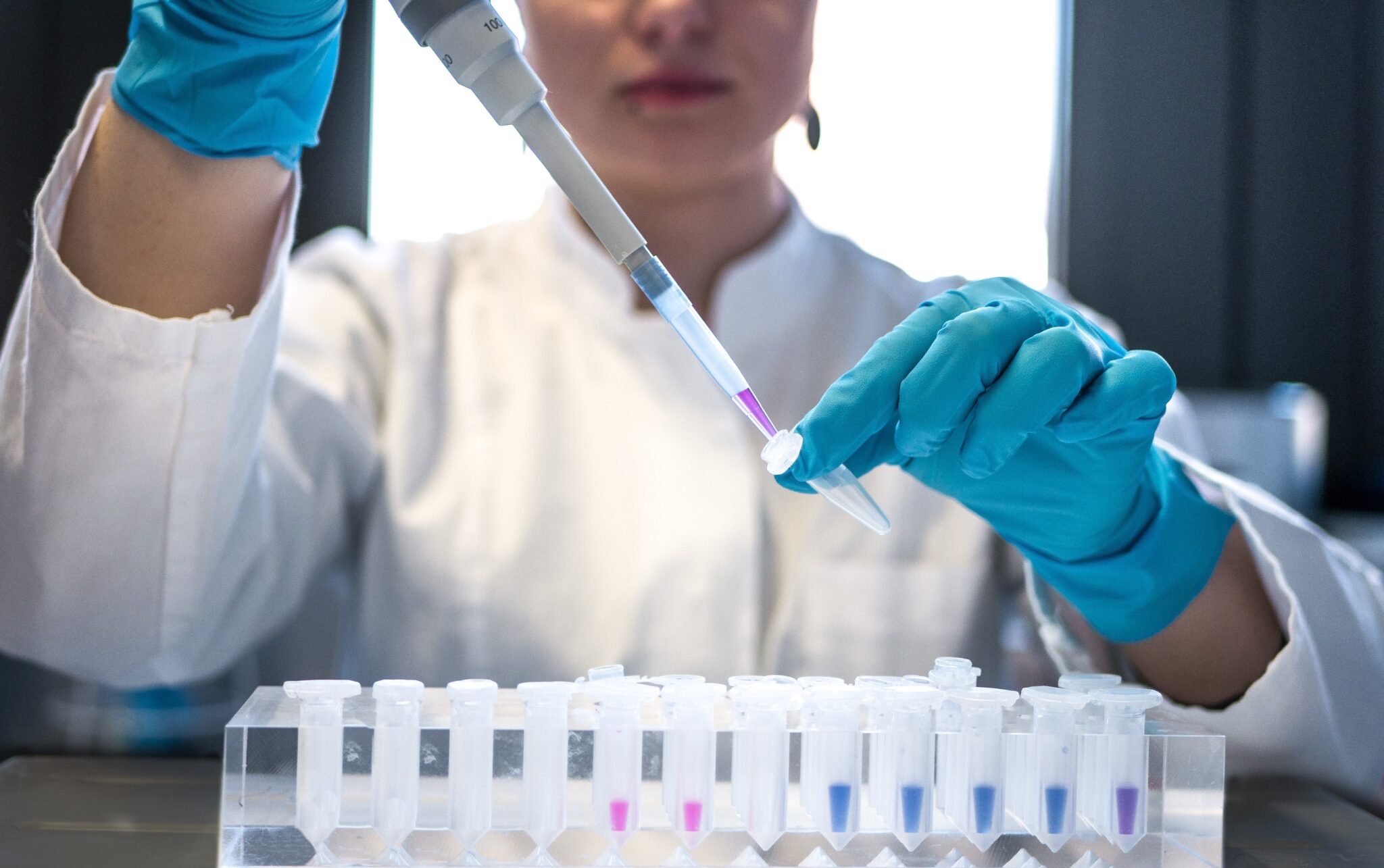Science is one of the most fascinating disciplines there is, and it’s not just for the scientists. Every day, we come across new science discoveries that change our worldview and understanding of the world around us. In this blog post, we will explore some of the wonders of science and how they have shaped our understanding of the universe. From Kepler to Einstein, read on to gain a better understanding of how science has changed our view of the world around us.
What is science?
Science is the process of acquiring knowledge about the natural world through observation and experimentation. Scientists use their observations and experiments to develop theories, which they test through further observations and experiments. If a theory is shown to be accurate, it can be used to explain observed facts and phenomena.
Many scientific discoveries have led to technological innovations that have improved our lives, such as the development of antibiotics and vaccines. Science also plays a vital role in ensuring that humanity does not harm the environment. Scientists study climate change and pollutants in the atmosphere in order to develop plans for mitigating these issues.
Science is an ever-evolving field, with new discoveries being made every day. Anyone can become a scientist by studying science fundamentals such as mathematics, physics, chemistry, and biology. There are many opportunities for scientists to work in academia, industry, or government laboratories.
What are the different sciences?
There are many different sciences, all of which study different aspects of the natural world. Some of the most popular areas of science include physics, chemistry, biology, and earth science. Each discipline has its own set of methods and tools, which often leads to discoveries that are new and unexpected. In this article, we’ll take a look at some of the most important discoveries made in each of the major sciences.
PHYSICS
One of the oldest and most fundamental sciences is physics. It studies the behavior of matter and energy on a very small scale, from the smallest particles to the largest structures in the universe. This research has led to important breakthroughs in many fields, including medicine, engineering, and computing.
CHEMISTRY
Chemistry is responsible for making everything we see and use around us today. From food to plastics to pharmaceuticals, chemistry has a big role in our everyday lives. Its discoveries have helped us understand how physical laws apply to chemical systems and have led to numerous products that improve our quality of life.
BIOLOGY
Biology is focused on understanding how living things work and how they interact with their environment. This knowledge has led to advances in fields such as agriculture, medicine, forensics, and environmentalism. Biology also provides insights into some mysteries that remain unsolved despite decades of research effort.
What are the benefits of studying science?
Scientific enquiry has led to many beneficial discoveries that have improved our quality of life. For example, advances in medicine and technology are a direct result of the scientific method.
Science has also helped us better understand the natural world around us. From understanding how the Earth works to predicting phenomena like weather patterns, science has made a significant impact on our everyday lives.
There is no doubt that studying science can be rewarding. It can give you an appreciation for the world around you and teach you about the fundamental principles underlying reality. Whether you are interested in exploring space or investigating the origins of life, your studies in science will be rewarding.
How does science help us understand the world around us?
Science is a way of understanding the world around us. It helps us learn about how the world works, and how we can use that knowledge to make our lives better. Science is used to study everything from the smallest particles in the universe to the biggest astronomical objects. Scientists use a variety of methods to explore these areas, including experiments, observation, and mathematics.
One of the most important uses of science is in understanding the natural world. This knowledge can help us protect our environment, and lead to new ways of making food and energy resources available without damaging or destroying ecosystems. Science also allows us to understand more about climate change, and how it affects our planet Earth.
Science has also helped us develop many devices that are used every day, from medical equipment to technology that helps astronauts in space. Science has even led to new ways of thinking about the universe itself – something that continues to reveal new mysteries every day.
Conclusion
As we explore the universe around us, it becomes clear that there is so much to learn and understand. Whether we are learning about the origins of our own planet or exploring some of the most distant galaxies, science continues to reveal its mysteries and wonders. With each new discovery, we are filled with awe at what lies beyond our ordinary understanding and come closer to uncovering the secrets of eternity itself.








